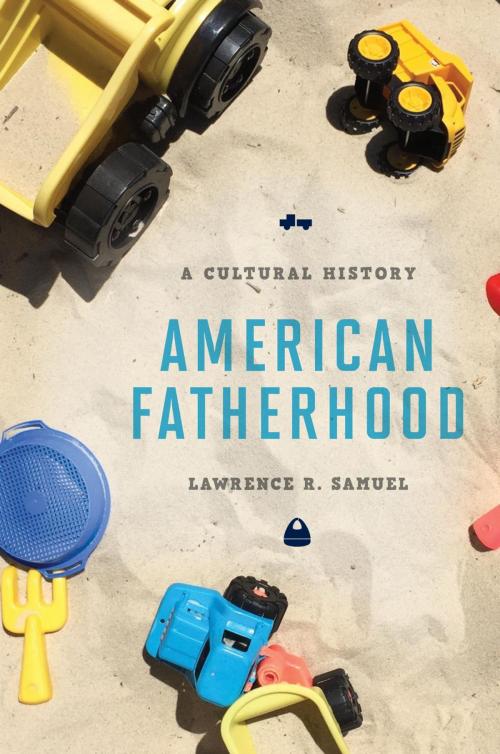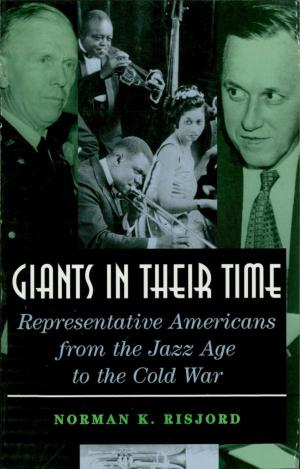American Fatherhood
A Cultural History
Nonfiction, Family & Relationships, Parenting, Fatherhood, History, Modern, Social & Cultural Studies, Social Science, Sociology| Author: | Lawrence R. Samuel | ISBN: | 9781442248113 |
| Publisher: | Rowman & Littlefield Publishers | Publication: | November 5, 2015 |
| Imprint: | Rowman & Littlefield Publishers | Language: | English |
| Author: | Lawrence R. Samuel |
| ISBN: | 9781442248113 |
| Publisher: | Rowman & Littlefield Publishers |
| Publication: | November 5, 2015 |
| Imprint: | Rowman & Littlefield Publishers |
| Language: | English |
American Fatherhood: A Cultural History traces changes in what it means to be a dad in America, from the 1960s through today. The book begins with an overview of fatherhood in America from the “founding fathers” through the 1950s and progresses to the role of fathers as they were encouraged to move beyond being simply providers to becoming more engaged parents, navigating complex and changing gender and family expectations.
By tracing the story of fatherhood in the United States over the course of the last half-century, American Fatherhood reveals key insights that add to our understanding of American culture. The book argues that, for most of the twentieth century, male parents were urged to embrace the values and techniques of motherhood. In recent years, however, fathers have rejected this model in place of one that affirms and even celebrates their maleness and their relationships with their children. After decades of attempting to adopt the parenting styles of women, in other words, men have finally forged a form of child-raising that is truer to themselves. In short, fatherhood has become a means of asserting, rather than denying or suppressing, masculinity—an original and counterintuitive argument that makes us rethink the idea and practice of being a dad today.
American Fatherhood: A Cultural History traces changes in what it means to be a dad in America, from the 1960s through today. The book begins with an overview of fatherhood in America from the “founding fathers” through the 1950s and progresses to the role of fathers as they were encouraged to move beyond being simply providers to becoming more engaged parents, navigating complex and changing gender and family expectations.
By tracing the story of fatherhood in the United States over the course of the last half-century, American Fatherhood reveals key insights that add to our understanding of American culture. The book argues that, for most of the twentieth century, male parents were urged to embrace the values and techniques of motherhood. In recent years, however, fathers have rejected this model in place of one that affirms and even celebrates their maleness and their relationships with their children. After decades of attempting to adopt the parenting styles of women, in other words, men have finally forged a form of child-raising that is truer to themselves. In short, fatherhood has become a means of asserting, rather than denying or suppressing, masculinity—an original and counterintuitive argument that makes us rethink the idea and practice of being a dad today.















